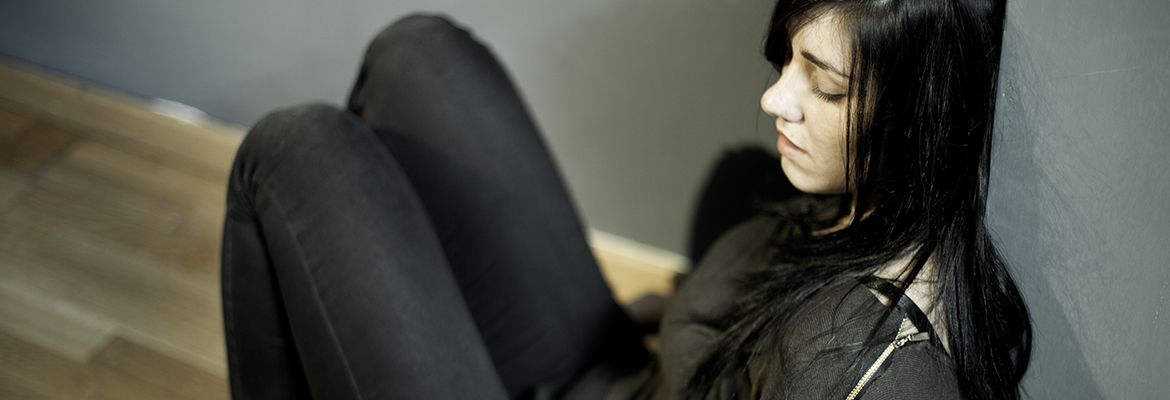Dealing with Addiction

Addiction is a powerful disease that can be potentially life-threatening if it goes untreated. Addiction, whether to drugs or alcohol, starts off as abuse. Gradually, experimenting with drugs and ‘abusing them’, turns into addiction and dependence. Illicit substances can be very addictive, some more than others. Heroin and crack are the topmost addictive illegal drugs on the streets today.
Addiction does not magically appear overnight, but rather, is a gradual endeavor that takes years to get to. It starts off as abusing drugs now and then, perhaps in a social setting. It then gradually becomes a monthly and then daily habit. Once it becomes a habit, it becomes an addiction.
Drug Classifications
There are four primary types of drug classifications that various addictive substances fall under:
- Depressants: Alcohol, Xanax
- Opiates: Heroin, OxyContin
- Stimulants: Cocaine, Methamphetamine
- Hallucinogens: LSD, MDMA
Types of Addiction
Addiction is defined as the lack of control over one’s own actions. The individual, in other words, has to have the substance of choice on a regular basis or else they will begin to feel the effects of withdrawal.
Physical Addiction: The individuals’ body quite literally becomes dependent on the substance. Physical addiction means that a person will begin to get the shakes, sweats, and nausea as well as experience anxiety if they do not have their ‘fix’. Their body will not be able to function without the drug.
Psychological Addiction: This type of addiction occurs when an individual is craving the substance on an emotional level. People with this sort of addiction will need the effects that the drug has on them in order to do something else. For example, they may need marijuana in order to fall asleep at night.
Treatment Methods
There are different treatments for different types of addiction, whether an individual is suffering from a physical addiction or a psychological addiction. Physical addiction treatment usually begins with medically-assisted detox and varies in length, ranging from several days to a week long. This is where patients are weaned off of the substance in a safe and controlled manner. This allows the individual to detox without feeling the effects of withdrawal.
Signs of Addiction
- Withdrawing from family activities that were once enjoyed
- Changes in attitude and demeanor
- Shift in priorities
- Getting involved in criminal activity
- Financial issues and always borrowing money
Once the physical treatment is finished, and then comes the psychological treatment. This type of treatment will determine the underlying causes of the addiction and what drove the user to abuse drugs in the first place. Some of the psychological treatment methods include behavioral therapy, cognitive therapy, and holistic therapy. It’s important that when patients are finished with treatment that they attend a relapse prevention program and aftercare program so that they can learn how to manage triggers in the future.
Deciding to Make a Change
For individuals who suffer from addiction, the thought of sobriety can seem like one that is farfetched. With the proper support, guidance, and advocacy of addiction specialists, sobriety can be attainable.
Dealing with addiction is not enviable as you become a slave to your substance dependency; it controls you. Treatment will allow you to deal with stress in holistic ways rather than turning to drugs or alcohol to cope. Avoiding triggers is a great way to maintain sobriety after treatment. Disassociating yourself with former social crowds that influence you to use is a great step in the recovery process. Out of sight, out of mind.
If you or someone that you know is going through drug or alcohol addiction, contact WhiteSands Treatment today. We have proven treatment programs that can help you obtain sobriety.